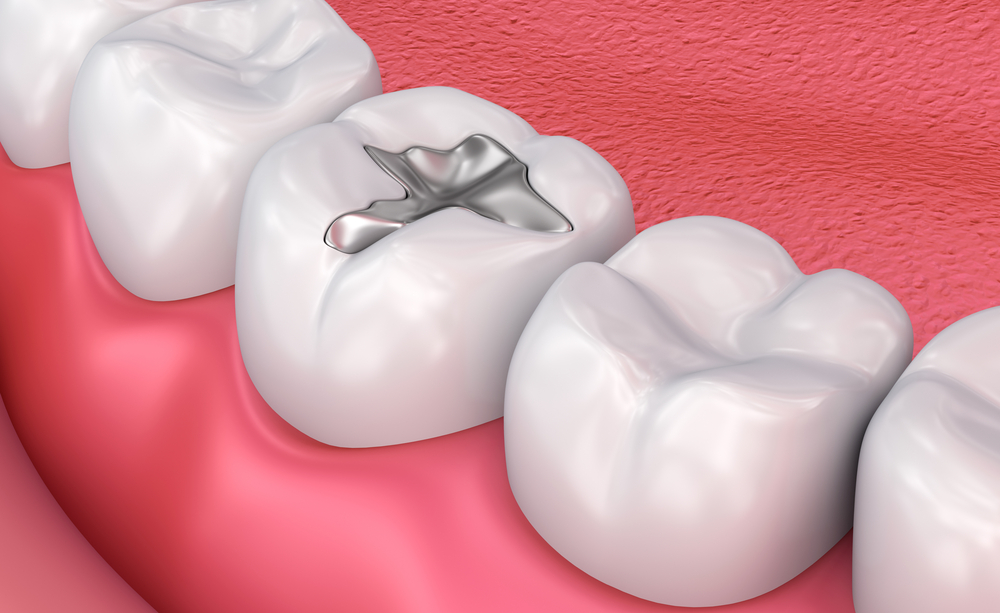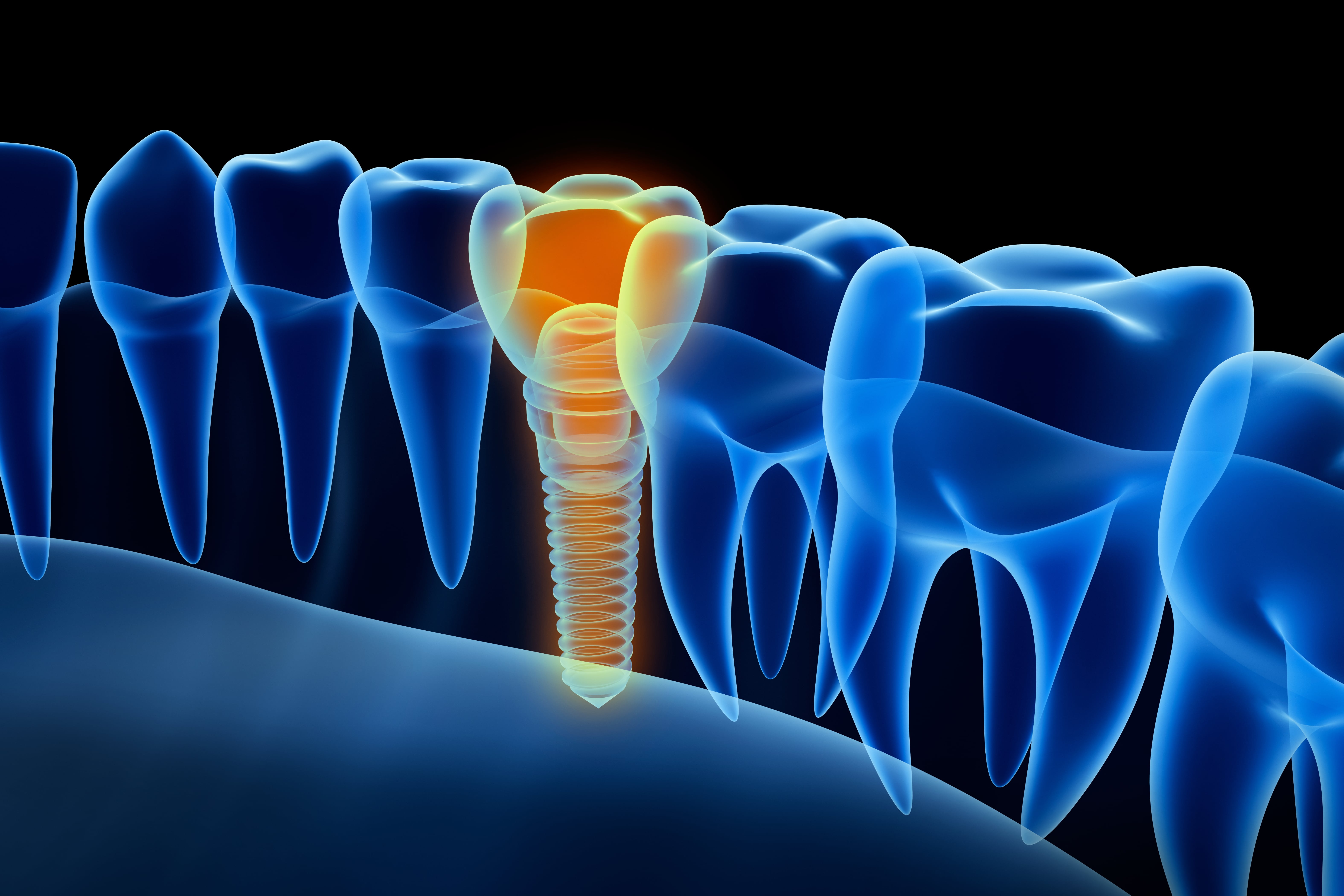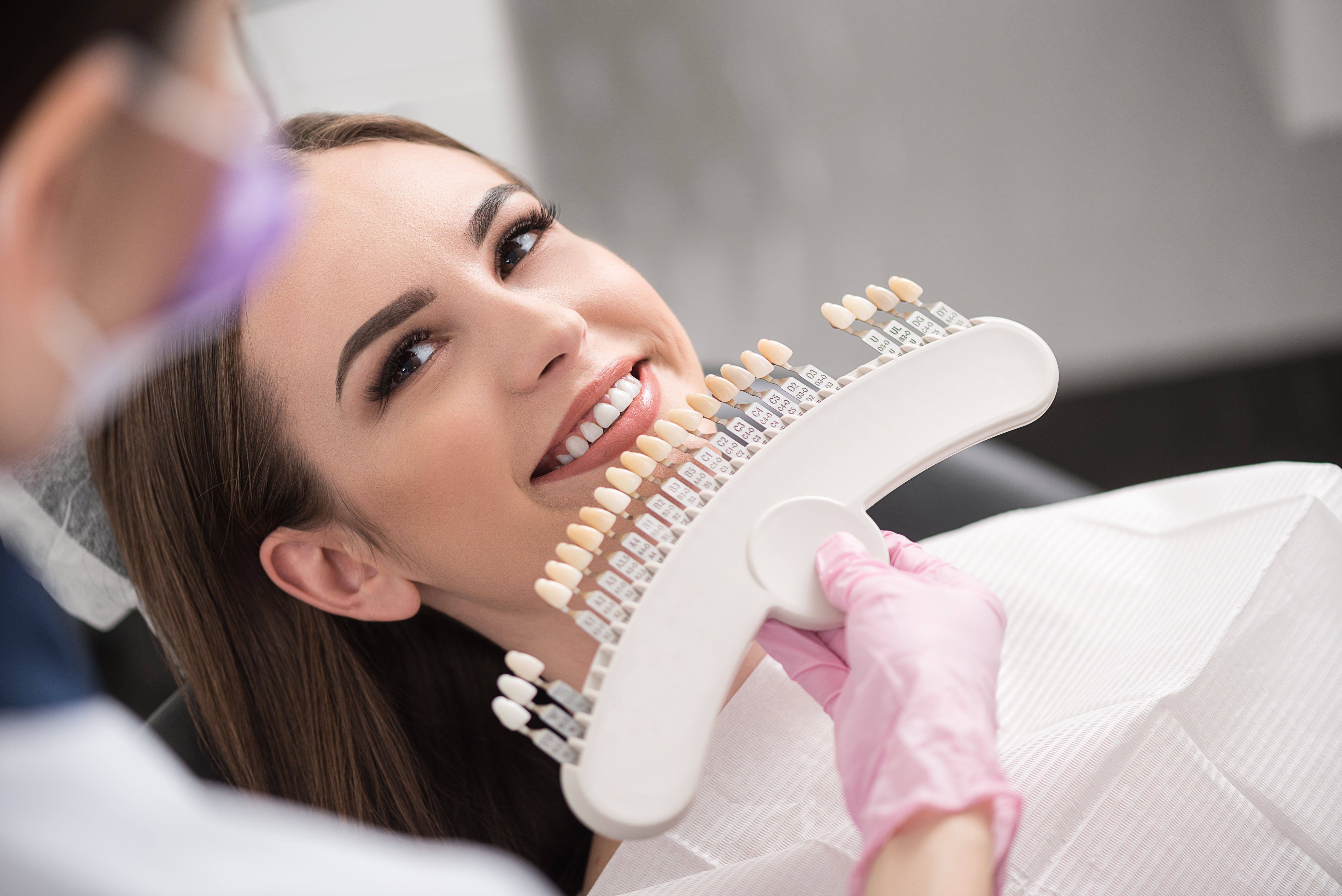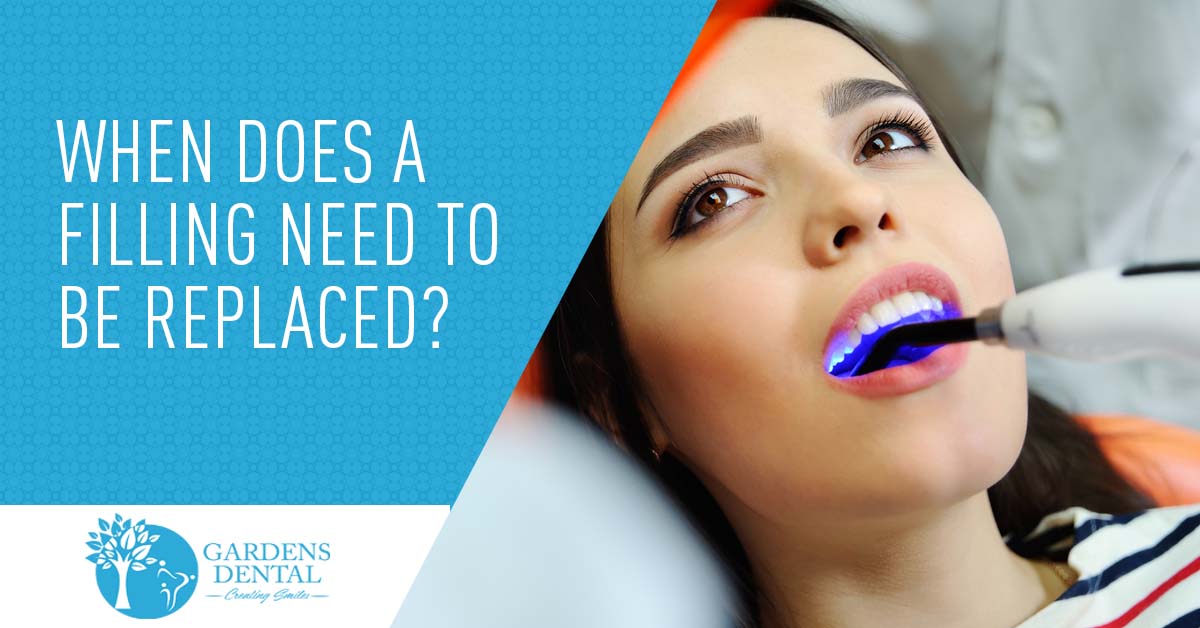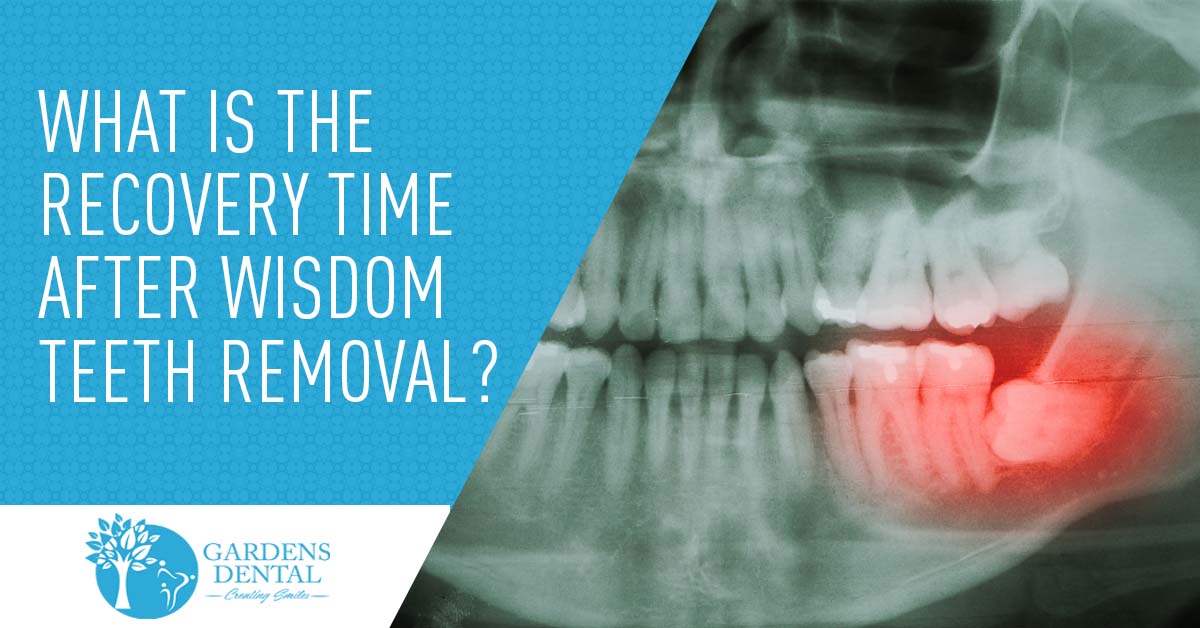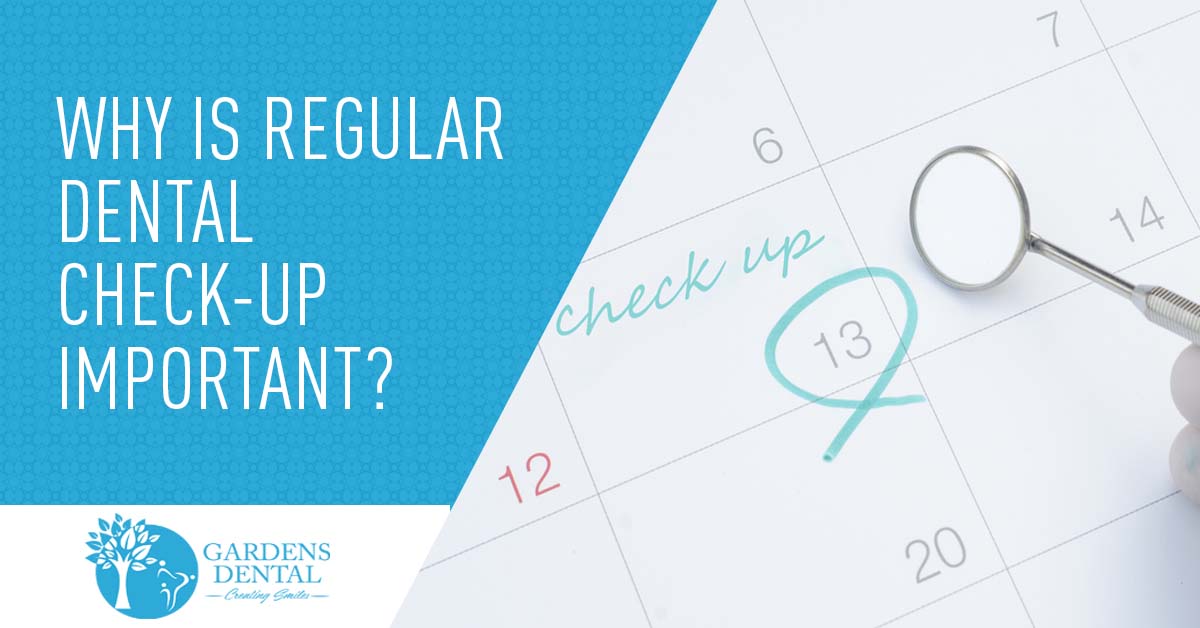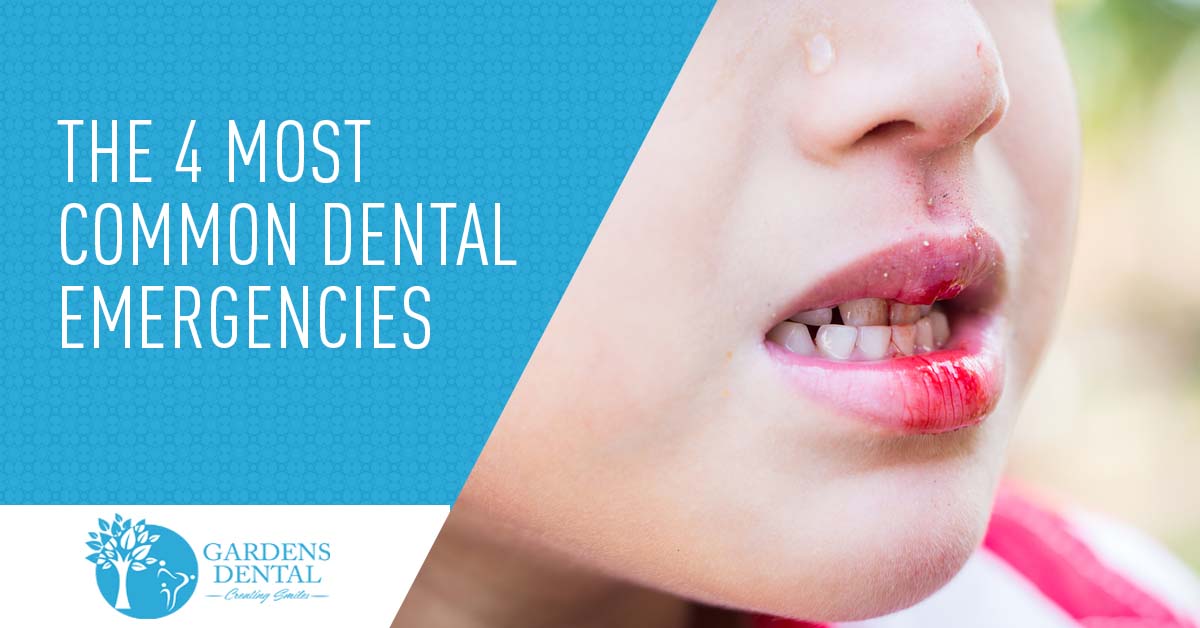Dental Fillings Guide: Gold, Silver, Composite Resin, Ceramic, And More
Do you need a dental filling? What type of dental filling is best for you? There are a number of things to consider such as cost and durability. Please read below as we look at dental fillings in more detail.
Cavities can be caused by a sticky coating of germs called plaque that forms on the teeth and accumulate every day. Almost 96% of adults have at least one filling and the average is around 10, while teens have at least 2 decayed or filled teeth.
Fillings are a protective measure as unfilled cavities can grow bigger, creating pain caused by infection, fracture, and destruction of the tooth pulp, that eventually affects the nerves and finally leads to tooth loss.
Dentists use different materials to fill tooth cavities but recent concerns about the safety of certain materials have raised concerns over fillings and how much of a risk they pose to our health.
Beyond the type of material, dentists have other things to consider when determining which type of material will be suitable for a particular patient.
Not surprisingly cost is usually a major consideration followed by a suitable installation technique, durability, and aesthetics. In some cases, some patients may even need to replace existing fillings and may opt for a different material to what was originally used.
The two most commonly used materials for dental fillings which have also caused the most concern are silver amalgam and composite resin.
Silver Amalgam
Silver amalgam is a strong and durable alloy composed of silver, copper, tin, and mercury that will last anything from ten to fifteen years, will not corrode and is less expensive than composite fillings.
This type of filling material has been used for more than 160 years and since the 1840s dentists have disagreed over the safety of the metal mixture.
The formulation contains elemental mercury which, according to evidence-based research has been shown to cause health problems to humans at high exposure, including brain and kidney damage.
Although silver amalgam does release trace amounts of mercury, it has largely been agreed by dental health associations that the amount released does not pose any health risk.
Composite Resins
Composite resin fillings are popular as they can be closely matched to the colour of existing teeth. Because they chemically bond to the tooth structure they provide further support. Further to this, less tooth structure needs to be removed than with amalgam fillings.
However, they are less durable and last only five years compared to ten to fifteen years for amalgams and do not perform as well under pressure when chewing, particularly with larger cavities.
Composite resin fillings can also cost up to twice the amount of amalgam fillings.
Because they are fast replacing amalgams there have been concerns about the risk of resin-based materials made from bis-DMA (bisphenol A dimethacrylate) as BPA may be released continuously when the material starts to degrade.
In some clinical studies trace elements of BPA were found in the saliva of dental patients immediately after receiving a composite resin filling, but these were found to be well below acceptable levels and after a couple of hours was undetectable.
The overall conclusion is that there are no significant adverse effects from bis-GMA composites on the health of dental patients.
Cast Gold Fillings
Gold fillings last ten to fifteen years on average and sometimes longer. They are highly durable and strong and will not corrode. Some people find the aesthetics of gold more pleasing than silver amalgam, especially where it is more visible.
The biggest disadvantage is the high cost as a gold filling can cost up to ten times more than silver amalgam and it takes at least two visits to complete the placement.
Ceramics
Ceramic fillings are made of porcelain which has a higher resistance to stains than composite materials, however, they tend to be more abrasive. They are highly durable and will last up to fifteen years and longer, however, they can cost as much as gold fillings.
Glass Ionomer
This type of filling is made from a combination of acrylic and a specific type of glass material.
The cost is comparable to composite resin fillings but it is not as durable as it will last only five years or less due to its weaker construction, susceptibility to wear and tear, and being more prone to fracture.
This type of filling is most commonly used for young children or for cavities below the gum line.
Today there are many more materials than ever to choose from and the type you decide on will largely depend on factors such as the cost of the material, your dentist’s recommendation, your aesthetic preference, and your insurance coverage.
Your dentist will be able to discuss these issues with you and help you determine which type of filling will be best for you.
Do you suspect you have a cavity? Or do you have signs of wear on your fillings? If you need to visit the dentist for any type of dental procedure, then look no further than Gardens Dental.
Gardens Dental offers a full array of dental services in Taylors Lakes and Caroline Springs area to help you and your family maintain healthy teeth.
To learn more about our services or make an appointment, please contact us today on (03) 9449 2626 or through our website.

